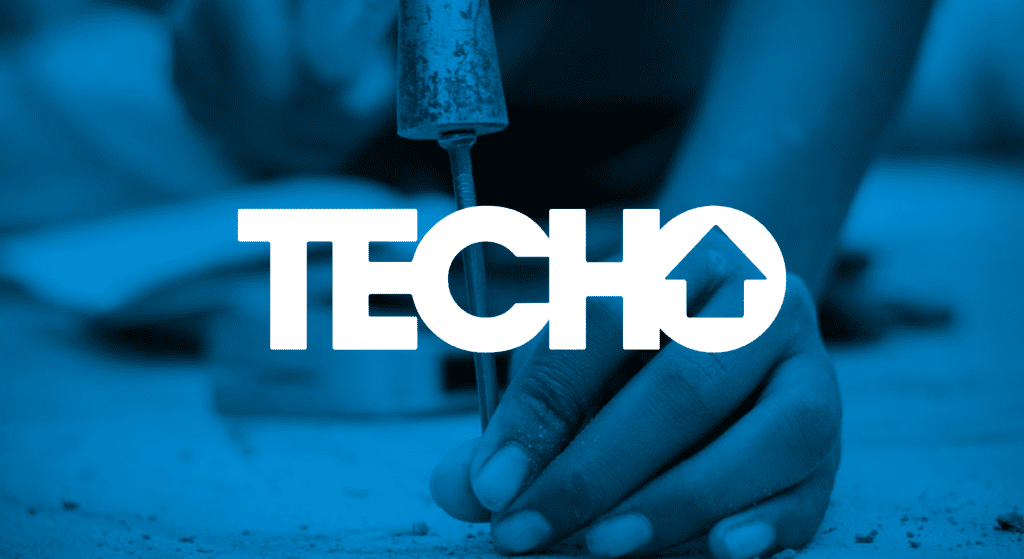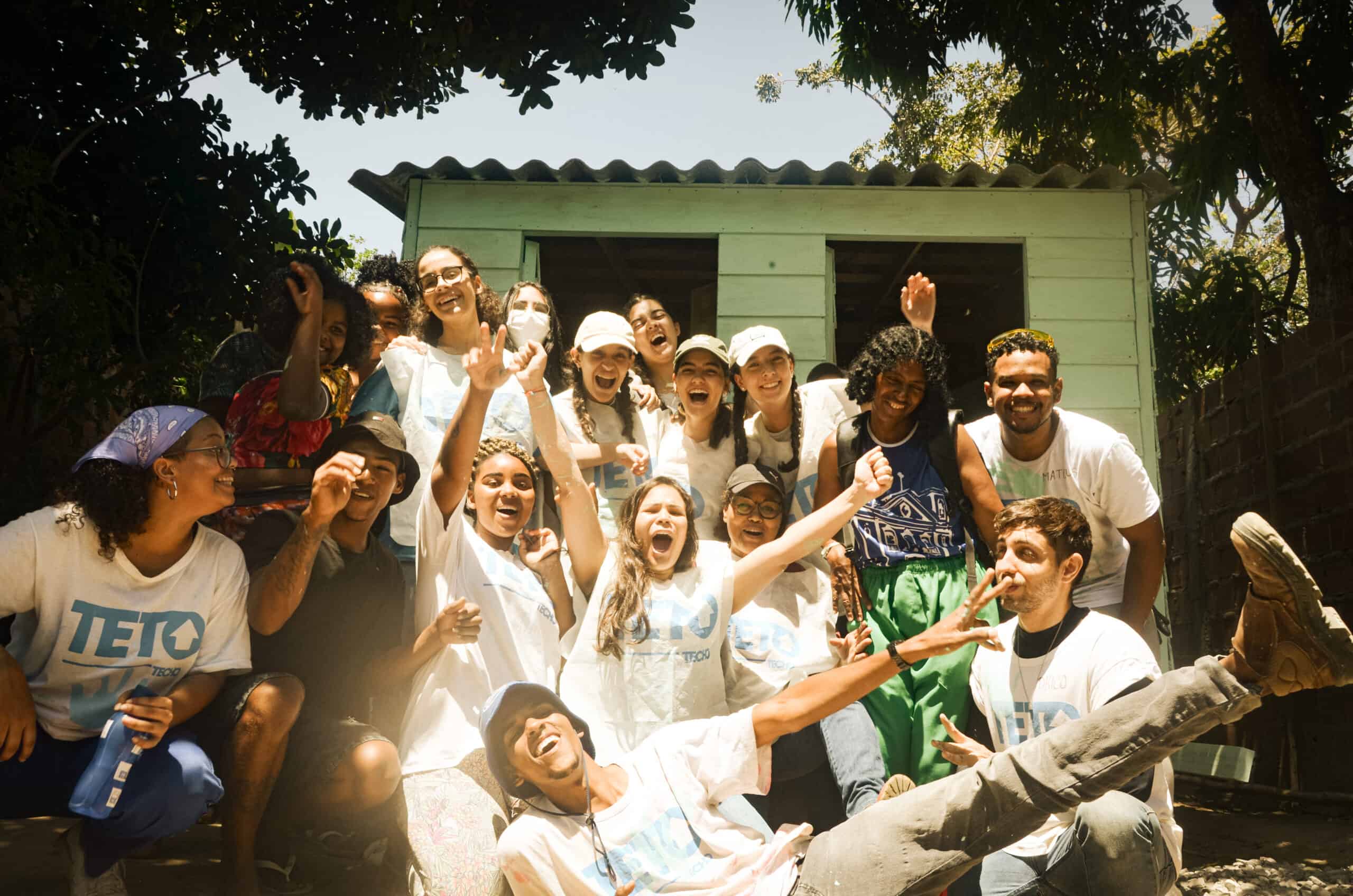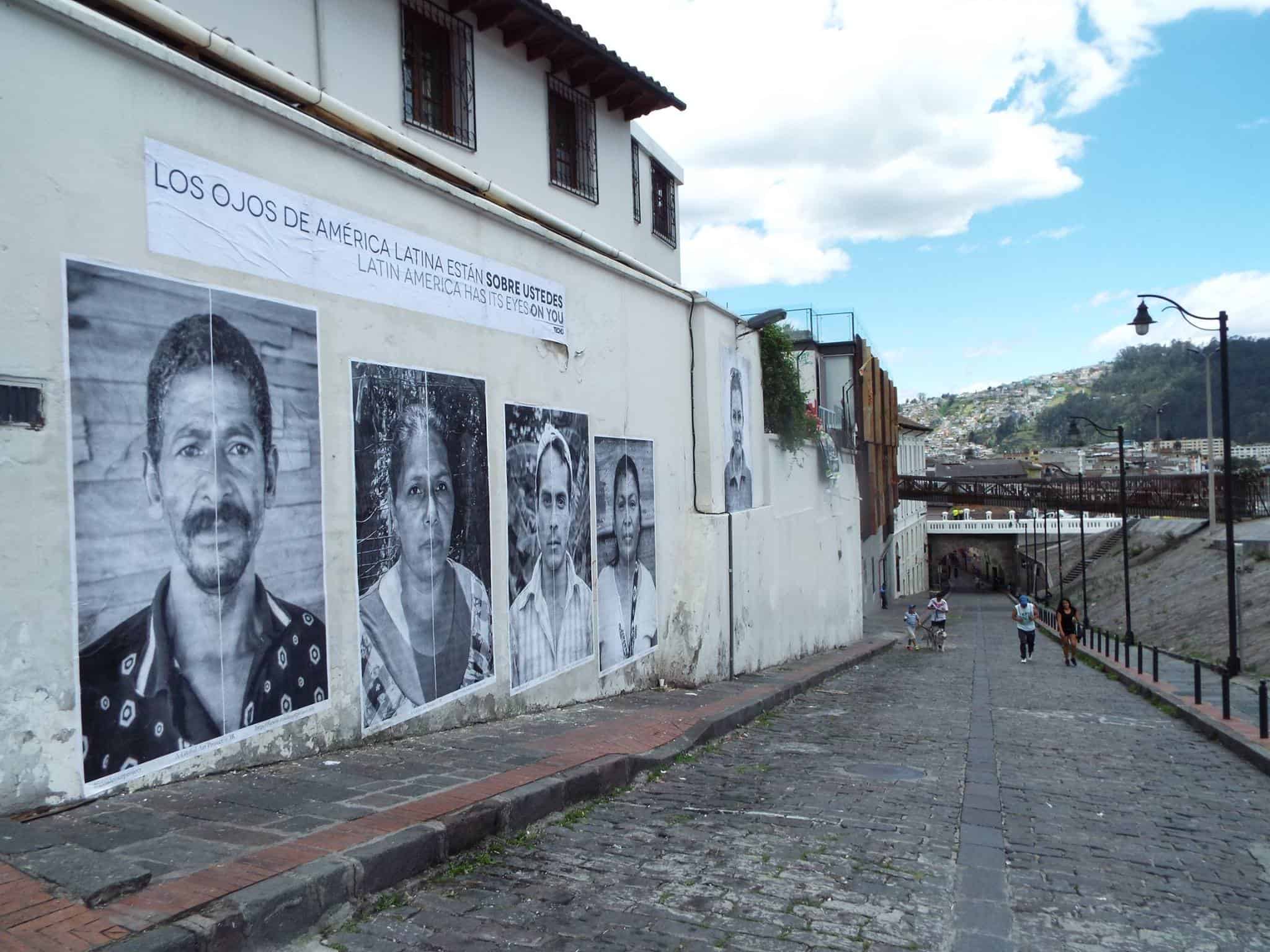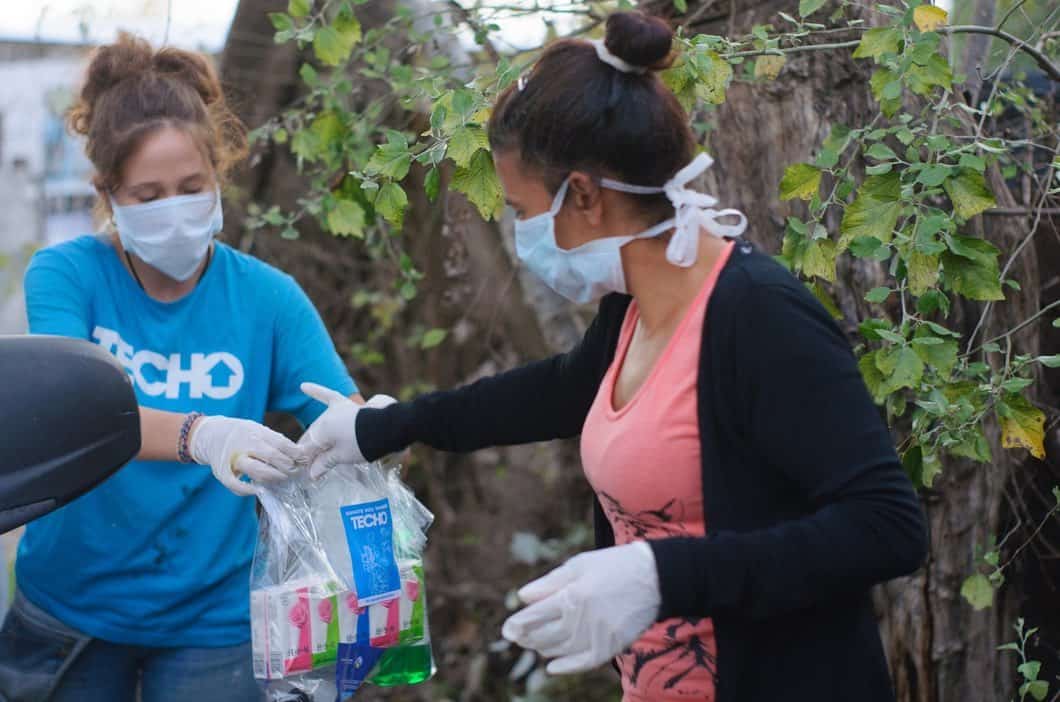“Tenemos una región rica de recursos naturales, con baja densidad poblacional, en comparación a países como China e India. Tenemos un potencial muy grande, para aprovechar nuestras ventajas comparativas y competitivas”, expresó Marina Silva, ex ministra de Medio Ambiente durante el gobierno de “Lula” Da Silva y ex candidata presidencial en Brasil.
Marina, posible candidata para las próximas elecciones que definirán al sucesor o sucesora de Dilma Rousseff, visitó la Oficina Central de TECHO y participó de un conversatorio con parte del equipo y voluntarios. El encuentro tuvo también como fin conocer el trabajo que TETO (TECHO en portugués) realiza hace 6 años en Brasil, con oficina en Sao Paulo y que este año iniciará en operaciones en Río de Janeiro e implementará junto a las familias de las favelas los programas de Habilitación Social.
Los temas se situaron en la situación de pobreza que se vive en el país que hoy registra índices de desigualdad históricamente bajos, con una baja de cerca de 30 millones de personas en situación de pobreza en los últimos dos años, pero que aún no alcanza un desarrollo equitativo.
En ese sentido, Marina precisó también que si bien Brasil ha generado políticas sociales, éstas fueron en principio muy precarias y que luego avanzaron hacia las que ella denominó de segunda generación, que tenían un carácter asistencialista de caritativo, explicó. “Ahora, necesitaremos políticas de tercera generación, que crían una especie de fomento productivo, para crear agentes de transformación social, para que las oportunidades puedan ser usadas en por las familias en pobreza”, adelantó.
La figura política propuso que enfocar el trabajo en áreas como la economía creativa, la educación, la tecnología, el turismo u otras actividades de bajo impacto ambiental y alto impacto social podrían estar basadas en iniciativas como las que TECHO lleva a cabo y que podrían redundar en un crecimiento no necesariamente más acelerado, pero con mayor involucramiento de la sociedad civil.
Para Marina Silva, esta transformación de las políticas públicas viene aparejada a un fenómeno que identificó como “Activismo Autoral”, que representa una forma de entrar en contacto con un ideal de transformación y que se está gestando dentro de la ciudadanía. “El desarrollo sustentable hoy no sólo es una manera de hacer, sino una manera de ver el mundo. Es una manera de llevar una sociedad más solidaria, más fraterna y de encontrarnos en la diferencia sin querer eliminarla. Es aprender a gozar con otros que lo hacen de manera distinta de nosotros”, finalizó.
“We have a region rich in natural resources, with low population density, in comparison to countries like China and India. We have a lot of potential to make a good use of our comparative and competitive advantages” expressed Marina Silva, ex Environment Minister during the government of Luis Ignacio “Lula” Da Silva and ex-presidential candidate of Brazil.
Marina, a possible candidate for the next elections that will define Dilma Rouseff‘s successor, visited TECHO’s Central Office and participated in a gathering with part of the team and volunteers. The meeting had also the intention of knowing the work that TETO (TECHO in Portuguese) has been doing for 6 years in Brazil – with office in Sao Paulo. TETO will also start operations in Rio de Janeiro this year and they will implement, together with the families of the favelas, the Social Inclusion programs.
The topics discussed regarded the poverty situation that the country is going through and that, today, shows historically low inequality indexes, with a drop of almost 30 million people living in poverty situation in the last two years. However, it has not reached an equitable development yet.
In that sense, Marina also stated that although Brazil has generated social policies, these were very precarious at the beginning and then they started to move forward into what she called a second generation, which had a welfare character, she explained. “Now, we are going to need third generation policies – that grow a sort of productive promotion- to create social transformation agents so that the opportunities can be used by and for the families in poverty”, she said.
The political figure proposed that focusing on the job in areas such as creative economy, education, technology, tourism or other activities including both low environmental and high social impact could be based on initiatives like the ones TECHO carries out and which might result in growth – not necessarily more accelerated, but with further involvement of the civil society.
For Marina Silva, this transformation of the public policies is linked to a phenomenon that she identified as “Personal Activism”, which represents a way of contacting with a transformation ideal and that is brewing inside the citizens. “Nowadays, sustainable development isn’ t just a way of doing, it is a way of seeing the world. It is a way of leading a more supportive society, more fraternal and it is also a way of finding each other in our differences without wanting to eliminate them. It is learning to enjoy with others that do things in a different way from us”, she concluded.




